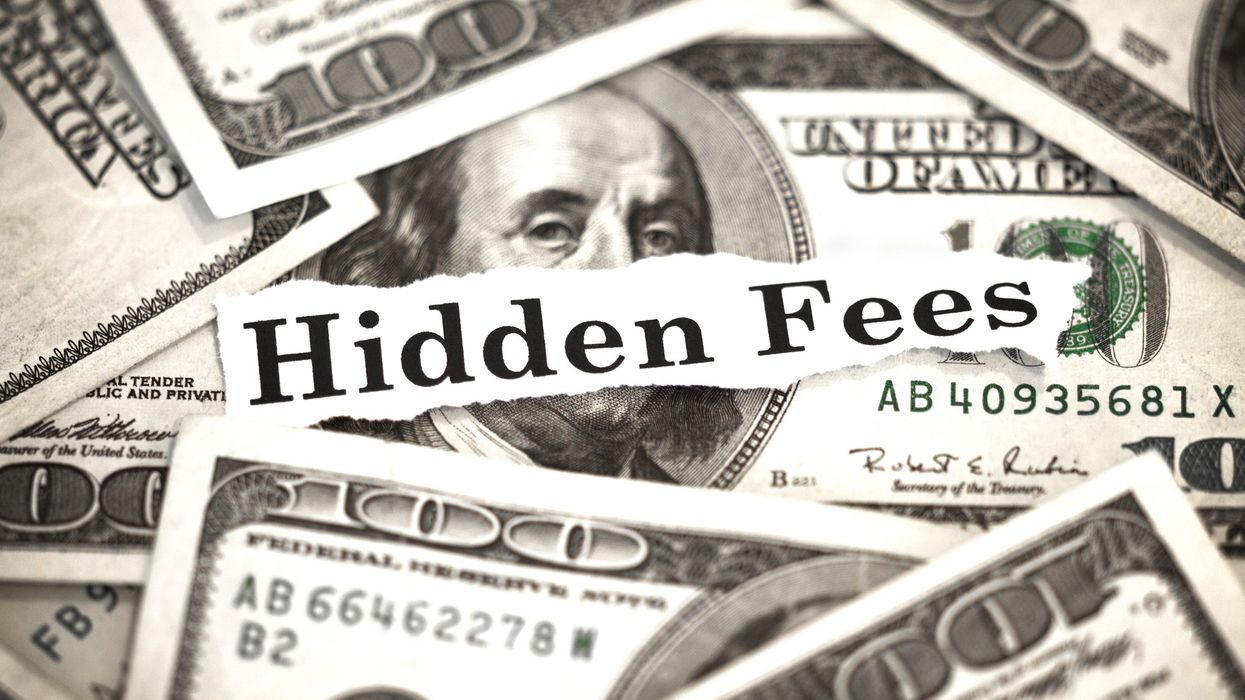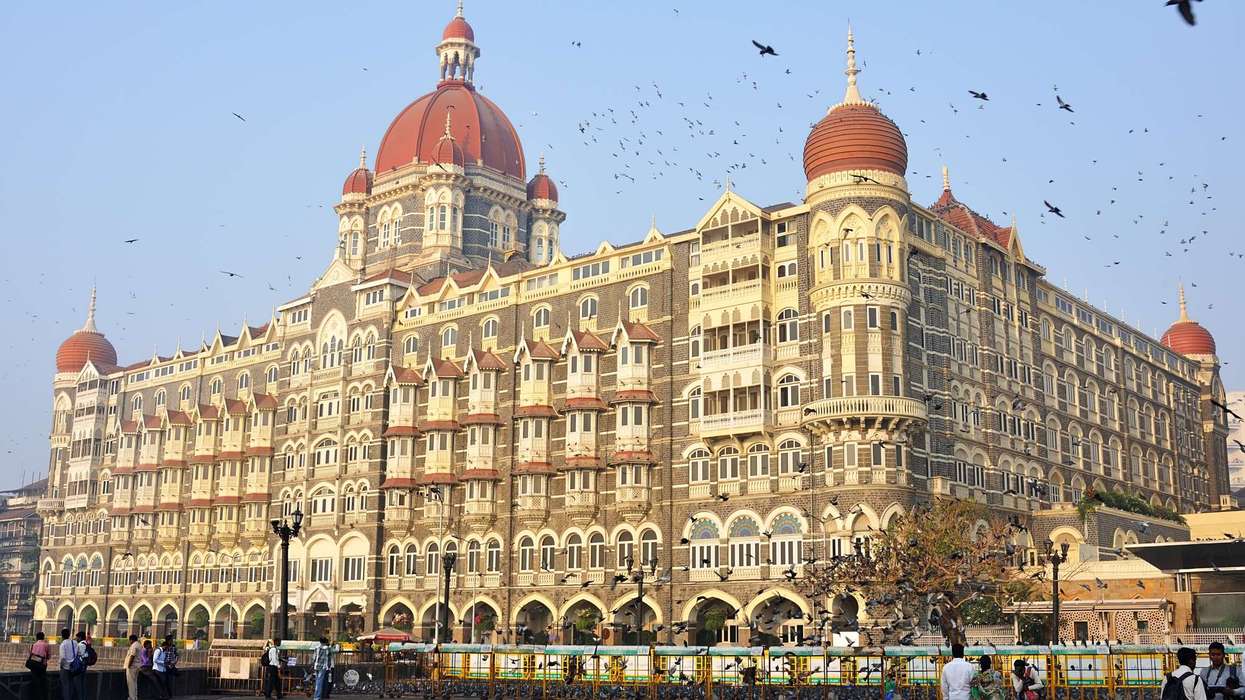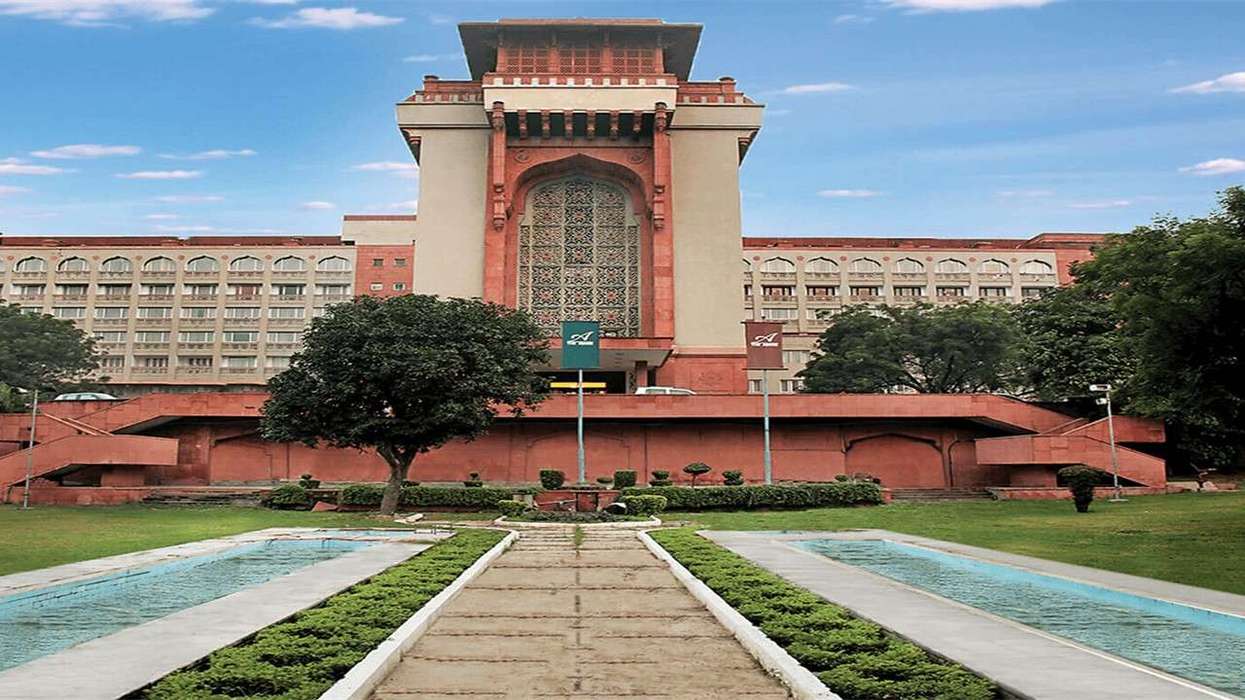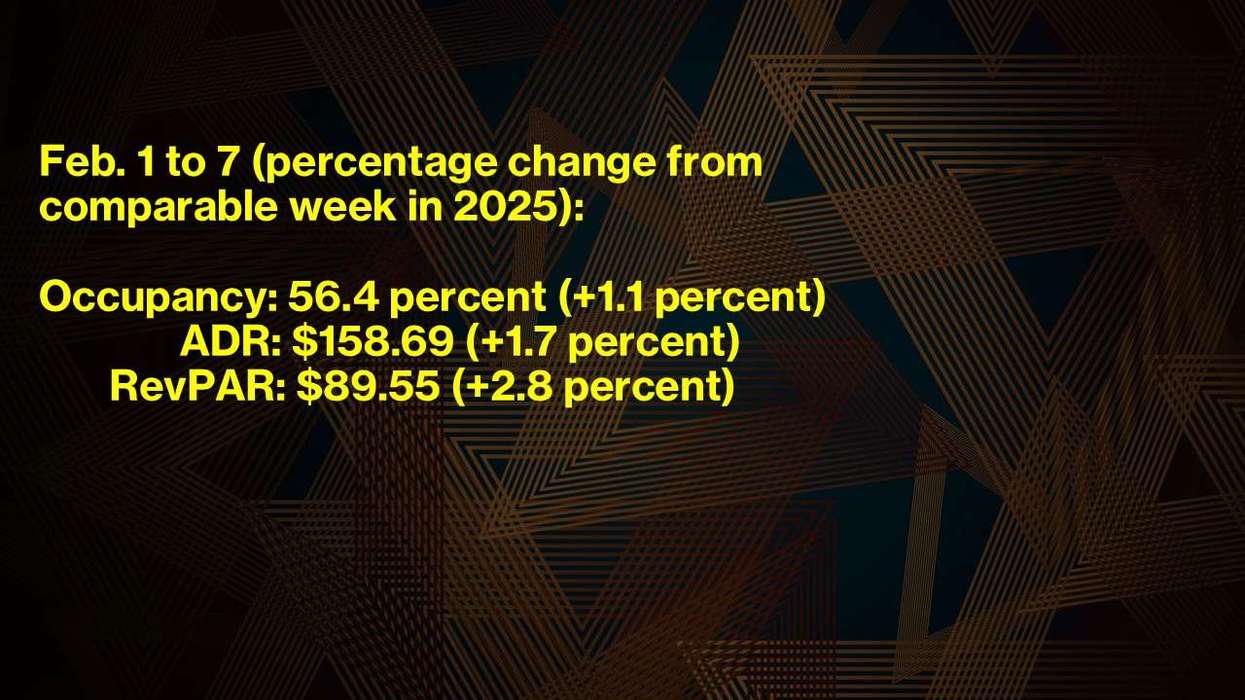What the FTC’s Junk Fees Rule Means for U.S. Hotels
THE FEDERAL TRADE Commission’s Rule on Unfair or Deceptive Fees, commonly known as the “Junk Fees Rule,” took effect on May 12. It now requires short-term lodging providers, including hotels and live-event ticket sellers in the U.S. to clearly disclose the full price charged to customers.
The rule prohibits bait-and-switch pricing and other tactics that hide the total cost or mislead consumers about fees in the live-event ticketing and short-term lodging industries, FTC said in a statement.
The rule, announced in December, doesn’t ban fees but requires clear disclosure. So-called “junk fees” must be listed and included in the total price at checkout, FTC said.
“People deserve to know upfront what they’re being asked to pay—without worrying they’ll be hit later with hidden fees they didn’t budget for and can’t avoid,” said FTC Chairwoman Lina Khan in December. “This rule ends junk fees on live event tickets, hotels, and vacation rentals, saving Americans billions of dollars and millions of hours. I urge enforcers to keep cracking down on these unlawful fees and encourage policymakers to build on this progress with legislation that bans unfair and deceptive junk fees across the economy.”
Meanwhile, FTC published a set of Frequently Asked Questions, which outline how the rule will be interpreted. While the guidance reflects FTC staff views and is not legally binding, it offers insight into how the agency and other enforcement bodies may approach compliance.
Key points from the FAQs:
Covered businesses: The rule applies to consumer and business transactions involving short-term lodging and live-event ticket sales.
Price disclosure: Businesses must display the total price upfront, including all mandatory or unavoidable charges required for the product or service to function as expected. This includes fees added through default billing or opt-out options.
Excluded fees: Only government charges, shipping fees, and optional add-ons may be excluded from the total price. These must still be disclosed before requesting payment, along with an explanation of their purpose and related goods or services.
Final payment amount: Before requesting payment, businesses must prominently display the final amount, which includes the total price plus any excluded fees.
Payment processing fees: If a business requires credit card payment and offers no viable alternative, processing fees must be included in the total price.
Itemization: Mandatory fees may be itemized as long as the itemization does not overshadow the total price and remains accurate and non-misleading.
Violations: Non-compliant businesses may face orders to change practices, issue refunds, and pay civil penalties.
A Marriott spokesperson told Fox News Digital the company began transparent pricing in May 2023.
“We were the first hospitality company to ensure non-government fees charged by hotels are upfront and included in the total price displayed to customers,” he said. “This enhanced display has been in place for two years, so guests are unlikely to notice a difference from what they see today.”
Rosanna Maietta, AHLA president and CEO, said the association has long supported a single federal standard for lodging fee display to ensure transparency for all consumers, regardless of how they book.
“We believe the fee-transparency provision in the continuing resolution is the best way to establish clear federal fee-display rules across the lodging industry,” Maietta said in December. “We firmly believe one national standard is the right approach for both consumers and businesses, and the legislation included in the continuing resolution best accomplishes that.”
The rule also requires that the total price—including all known mandatory charges except taxes, government fees, shipping, or optional services—be displayed more prominently than any other pricing, aside from the final payment amount.






